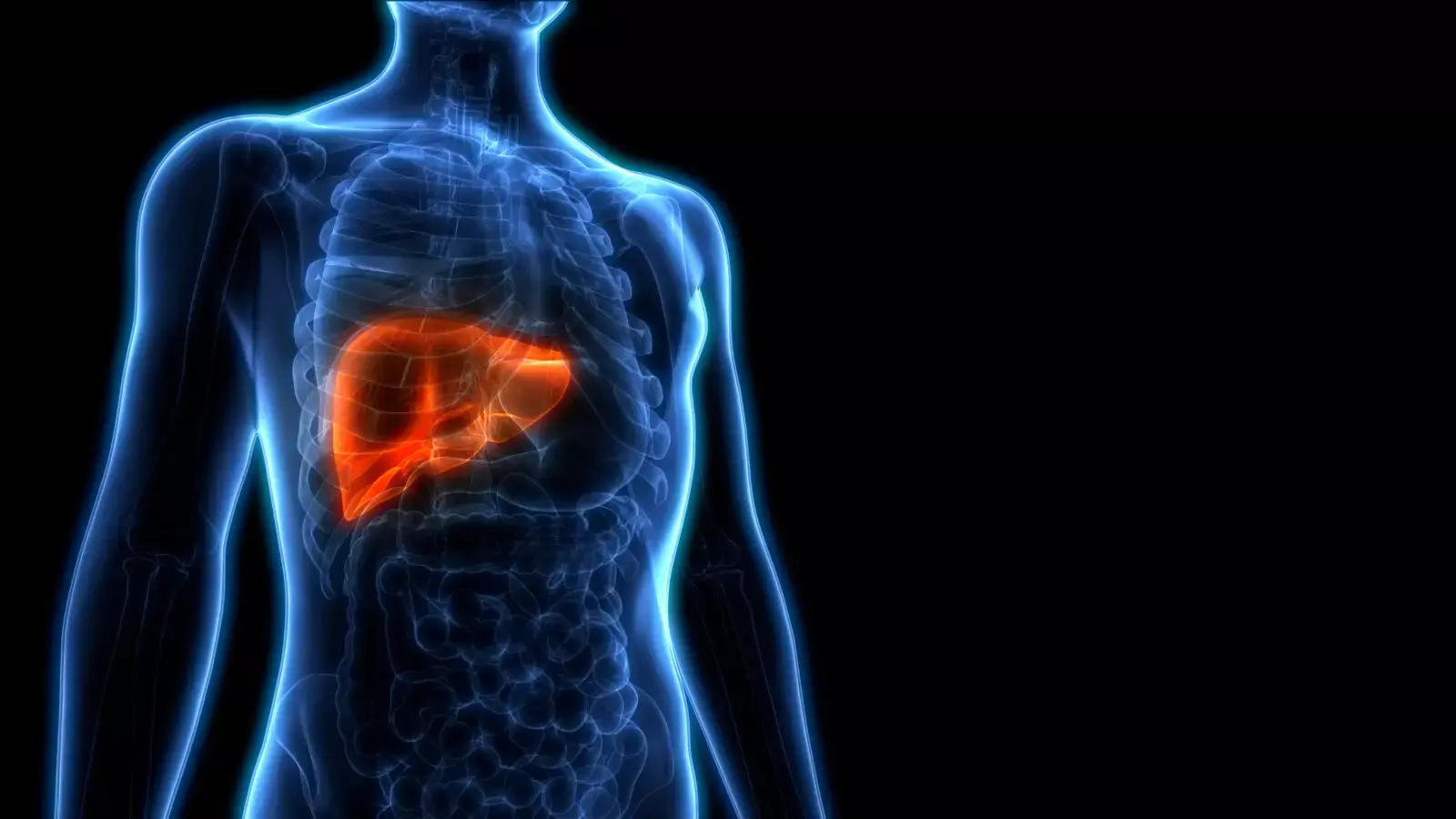- Home
- Medical news & Guidelines
- Anesthesiology
- Cardiology and CTVS
- Critical Care
- Dentistry
- Dermatology
- Diabetes and Endocrinology
- ENT
- Gastroenterology
- Medicine
- Nephrology
- Neurology
- Obstretics-Gynaecology
- Oncology
- Ophthalmology
- Orthopaedics
- Pediatrics-Neonatology
- Psychiatry
- Pulmonology
- Radiology
- Surgery
- Urology
- Laboratory Medicine
- Diet
- Nursing
- Paramedical
- Physiotherapy
- Health news
- Fact Check
- Bone Health Fact Check
- Brain Health Fact Check
- Cancer Related Fact Check
- Child Care Fact Check
- Dental and oral health fact check
- Diabetes and metabolic health fact check
- Diet and Nutrition Fact Check
- Eye and ENT Care Fact Check
- Fitness fact check
- Gut health fact check
- Heart health fact check
- Kidney health fact check
- Medical education fact check
- Men's health fact check
- Respiratory fact check
- Skin and hair care fact check
- Vaccine and Immunization fact check
- Women's health fact check
- AYUSH
- State News
- Andaman and Nicobar Islands
- Andhra Pradesh
- Arunachal Pradesh
- Assam
- Bihar
- Chandigarh
- Chattisgarh
- Dadra and Nagar Haveli
- Daman and Diu
- Delhi
- Goa
- Gujarat
- Haryana
- Himachal Pradesh
- Jammu & Kashmir
- Jharkhand
- Karnataka
- Kerala
- Ladakh
- Lakshadweep
- Madhya Pradesh
- Maharashtra
- Manipur
- Meghalaya
- Mizoram
- Nagaland
- Odisha
- Puducherry
- Punjab
- Rajasthan
- Sikkim
- Tamil Nadu
- Telangana
- Tripura
- Uttar Pradesh
- Uttrakhand
- West Bengal
- Medical Education
- Industry
DOACs use linked to bleeding in hepatocellular carcinoma: Study

The presence of hepatocellular carcinoma is tied with major bleeding, suggests a study published in the Clinical Gastroenterology and Hepatology.
The number of studies focussing on the effects of direct oral anticoagulants (DOACs) in patients with cirrhosis have been limited by their small sample size, the inclusion of patients with well-compensated cirrhosis, short follow-up times, inadequate validation of cirrhosis diagnoses, and non-standard definitions of bleeding.
A study was conducted by a group of researchers from Virginia, U.S.A to systematically determine the characteristics, indications, and outcomes of patients with cirrhosis of all severity classes who received direct oral anticoagulants (DOACs).
The authors performed a retrospective study of 138 patients with confirmed cirrhosis (93 with Child-Turcotte-Pugh scores of B or C) at a single center who started direct oral anticoagulants (DOAC) therapy from September 2011 through April 2019.
They collected data on clinical characteristics, indications for DOAC use, and outcomes. Standardized and validated definitions for bleeding complications were used.
The results of the study are as follows:
- 29 patients (21%) stopped therapy due to a diagnosis of or perceived bleeding.
- The most common bleeding events were non-variceal upper and lower intestinal bleeding.
- No pre-treatment laboratory parameters were associated with bleeding while patients received treatment, including platelet count international normalized ratio, creatinine, and model for end-stage liver disease score.
- Frequency of bleeding events related to DOAC did not differ significantly among patients of different Child-Turcotte-Pugh classes, DOAC indications, or DOAC dosages.
- Higher proportions of patients with hepatocellular carcinoma had major bleeding while receiving.
The researchers concluded that patients with decompensated cirrhosis have significant bleeding and rates of discontinuation of DOACs when they take them long term. Pre-treatment laboratory parameters, DOAC dose and Child-Turcotte-Pugh class were not associated with bleeding, but hepatocellular carcinoma was associated with major bleeding.
Reference:
Rates of Bleeding and Discontinuation of Direct Oral Anticoagulants in Patients with Decompensated Cirrhosis by Mort J et. al published in the Clinical Gastroenterology and Hepatology.
DOI: https://doi.org/10.1016/j.cgh.2020.08.007
Dr. Shravani Dali has completed her BDS from Pravara institute of medical sciences, loni. Following which she extensively worked in the healthcare sector for 2+ years. She has been actively involved in writing blogs in field of health and wellness. Currently she is pursuing her Masters of public health-health administration from Tata institute of social sciences. She can be contacted at editorial@medicaldialogues.in.
Dr Kamal Kant Kohli-MBBS, DTCD- a chest specialist with more than 30 years of practice and a flair for writing clinical articles, Dr Kamal Kant Kohli joined Medical Dialogues as a Chief Editor of Medical News. Besides writing articles, as an editor, he proofreads and verifies all the medical content published on Medical Dialogues including those coming from journals, studies,medical conferences,guidelines etc. Email: drkohli@medicaldialogues.in. Contact no. 011-43720751


